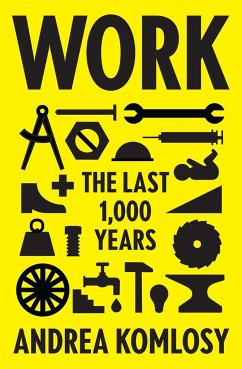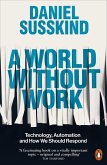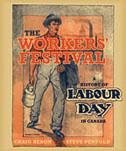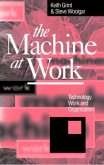By the end of the nineteenth century, the general Western conception of work had been reduced to simply gainful employment. But this limited perspective contrasted sharply with the personal experience of most people in the world-whether in colonies, developing countries or in the industrializing world. Moreover, from a feminist perspective, reducing work and the production of value to remunerated employment has never been convincing.
Andrea Komlosy argues in this important intervention that, when we examine it closely, work changes its meanings according to different historical and regional contexts. Globalizing labour history from the thirteenth to the twenty-first centuries, she sheds light on the complex coexistence of multiple forms of labour (paid/unpaid, free/ unfree, with various forms of legal regulation and social protection and so on) on the local and the world levels. Combining this global approach with a gender perspective opens our eyes to the varieties of work and labour and their combination in households and commodity chains across the planet-processes that enable capital accumulation not only by extracting surplus value from wage-labour, but also through other forms of value transfer, realized by tapping into households' subsistence production, informal occupation and makeshift employment. As the debate about work and its supposed disappearance intensifies, Komlosy's book provides a crucial shift in the angle of vision.
Andrea Komlosy argues in this important intervention that, when we examine it closely, work changes its meanings according to different historical and regional contexts. Globalizing labour history from the thirteenth to the twenty-first centuries, she sheds light on the complex coexistence of multiple forms of labour (paid/unpaid, free/ unfree, with various forms of legal regulation and social protection and so on) on the local and the world levels. Combining this global approach with a gender perspective opens our eyes to the varieties of work and labour and their combination in households and commodity chains across the planet-processes that enable capital accumulation not only by extracting surplus value from wage-labour, but also through other forms of value transfer, realized by tapping into households' subsistence production, informal occupation and makeshift employment. As the debate about work and its supposed disappearance intensifies, Komlosy's book provides a crucial shift in the angle of vision.
As Andrea Komlosy argues in Work: The Last 1,000 Years, our conception of what constitutes work has changed markedly over time. The professor of social history at the University of Vienna writes that our commonly accepted definitions are too narrow, too European, too male and too modern John Thornhill Financial Times








